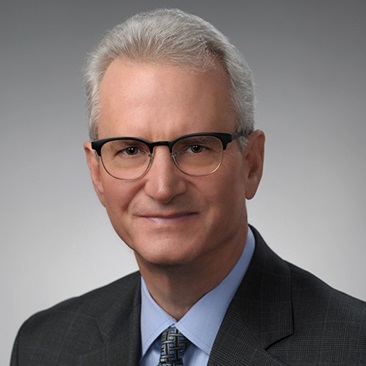full-time faculty teaching and conducting research in political science
of Maxwell faculty conduct research focused outside of the U.S.
graduate students in residence; fewer than 12 admitted each year
Undergraduate Studies
Graduate Studies

I am Maxwell.
Civic engagement is a core value for me. I have always aspired to help the communities I’m from.” Mazaher Kaila, a Maxwell alumna and third-year student at Syracuse University's College of Law, moved with her family from Sudan to Central New York when she was four years old. “I realized that to make meaningful change in society, I needed to understand the systems that power it—government and politics—and that’s insight I would gain by studying political science.”
Mazaher Kaila ’19, L’22
political science, law
Gadarian Discusses the Role of Delegates in Nominating a Presidential Candidate in UPI Article
July 31, 2024
UPI
The Democratic National Convention rules committee passed the rules by a 157-3 vote, preparing for a virtual roll call vote.
According to the Democratic National Committee bylaws, to earn that nomination, Harris or any other presidential hopeful must receive signatures from at least 300 delegates but not more than 600. No more than 50 delegate signatures can come from a single state.
Shana Gadarian, professor of political science, says that delegate votes will be directed by their respective state parties.
“They themselves are part of the party apparatus,” she says. “As with everything in politics in the United States, everything comes from the states. Occasionally you see a delegate make an individual decision and decide to vote for somebody else but that's pretty rare.”
Read more in the United Press International (UPI) article, “Democrats set rules for virtual roll call as path to nominating presidential candidate emerges.”
Related News
Commentary

Aug 1, 2024
Commentary

Jul 30, 2024
Commentary

Jul 29, 2024
BaoBao Zhang Joins First Cohort of AI2050 Early Career Fellows
One of only 15 scholars chosen from across the U.S., Zhang will receive up to $200,000 in research funding over the next two years. Zhang will use the funding to partner with the nonprofit, non-partisan Center for New Democratic Processes to test whether public participation in AI governance is increased through the creation of public assemblies, known as “deliberative democracy workshops.”
Baobao Zhang
Assistant Professor, Political Science Department

Gadarian Discusses the Role of Delegates in Nominating a Presidential Candidate in UPI Article
July 31, 2024
UPI
The Democratic National Convention rules committee passed the rules by a 157-3 vote, preparing for a virtual roll call vote.
According to the Democratic National Committee bylaws, to earn that nomination, Harris or any other presidential hopeful must receive signatures from at least 300 delegates but not more than 600. No more than 50 delegate signatures can come from a single state.
Shana Gadarian, professor of political science, says that delegate votes will be directed by their respective state parties.
“They themselves are part of the party apparatus,” she says. “As with everything in politics in the United States, everything comes from the states. Occasionally you see a delegate make an individual decision and decide to vote for somebody else but that's pretty rare.”
Read more in the United Press International (UPI) article, “Democrats set rules for virtual roll call as path to nominating presidential candidate emerges.”
Related News
Commentary

Aug 1, 2024
Commentary

Jul 30, 2024
Commentary

Jul 29, 2024

